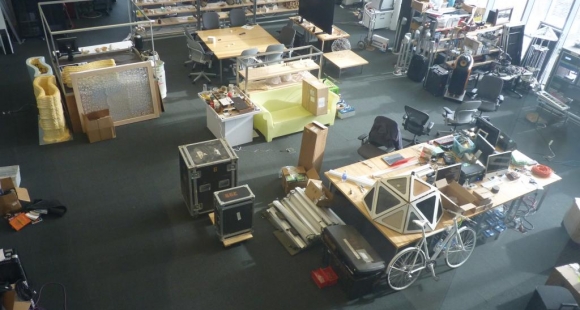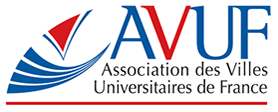
Cambridge: The Innovation Hub
On a recent stroll through Cambridge, MIT professor Federico Casalegno extolled the city’s virtues. “There’s no place in the world like Cambridge - nowhere with universities, start-ups and the R&D labs of big companies all just blocks from each other.
The Cambridge Innovation Center (CIC), located across the street from MIT, is a perfect microcosm of the city’s innovation scene. Home to over 600 companies, CIC boasts more start-ups than anywhere else in the country. Benefits include access to modular workspace, shared facilities and community events such as networking nights, classes and conferences. CIC even features fully stocked kitchens and game rooms. CIC Director Dougan Sherwood explains, “our attractive work environment and proximity to so many other companies allows small start-ups to draw top graduates.”
American companies are not alone in seizing this opportunity. According to Joubin Hatamzadeh of HubTech21, a resource center for French entrepreneurs in America, “Boston attracts French companies because it’s much closer to France than San Francisco is. It’s also an R&D-rich environment where many start-ups build close relationships with university labs. In Boston, these worlds are intertwined and networking is second nature to the city’s entrepreneurs. That’s why it pays to base your business here.”
MIT Media Lab: A Hotbed for Creativity
A foldable car. Guitar Hero. The ink used in e-readers. Fabric that charges your phone. Software that detects human emotions and ambient stress factors. All these ideas were developed here in a modern glass building located in the heart of MIT’s campus.
According to Federico Casalegno, Director of the Mobile Experience Lab, “the Media Lab is both a museum and a fun, creative place. I’ve never seen anything like it in Europe. It’s open 24/7 and often it’s more crowded at midnight than it is at 9 a.m.”
Many factors have contributed to the Media Lab’s success. Chief among them is its “anti-disciplinary” approach. Other strengths include the lab’s independence, made possible by its annual budget of $45 million. Because the 100 or so businesses that fund the budget don’t earmark their contributions, creativity abounds. MIT Media Lab also owes its success to one of its founding principles, “demo or die.” In other words, experimentation reigns supreme.
The Media Lab has left no field untapped. Caleb Harper’s project CityFARM focuses on the nexus between engineering and agriculture, “growing vegetables on building walls to provide all the produce consumed on site.” Welcome to the future.
LearnLaunchX: Education, as Designed by Start-ups
Boston businesses reflect the city’s focus on education. Over the last five years, more than 240 edtech start-ups have taken root here. According to the firm Capstone, edtech’s annual growth rate is expected to hover around 17% over the next six years, making this a very attractive field. The firm estimates that the e-learning market, currently valued at $58 billion, will reach $168 billion in 2018.
Aside from sharing the city with technology behemoths, Boston-based start-ups also benefit from the proximity of many institutional investors, who are increasingly showing interest. One great example is Jean Hammond, the angel investor behind the 2013 launch of LearnLaunchX, a Boston-based incubator for edtech start-ups. The incubator’s beneficiaries each receive $18,000 in addition to office space, classes and opportunities to meet with schools. According to Hammond, “it’s no coincidence that more and more business school graduates are foregoing Wall Street to found edtech start-ups.”
LearnLaunchX’s current cohort includes Monica Brady, an ex-journalist who started a platform which provides radio programming tailored to teachers’ lesson plans. Sharing her office is Miro Kazakoff, an MIT graduate who started an online program for standardized test preparation. For Kazakoff, edtech changes people’s lives and gives entrepreneurs the chance to do something truly useful.






